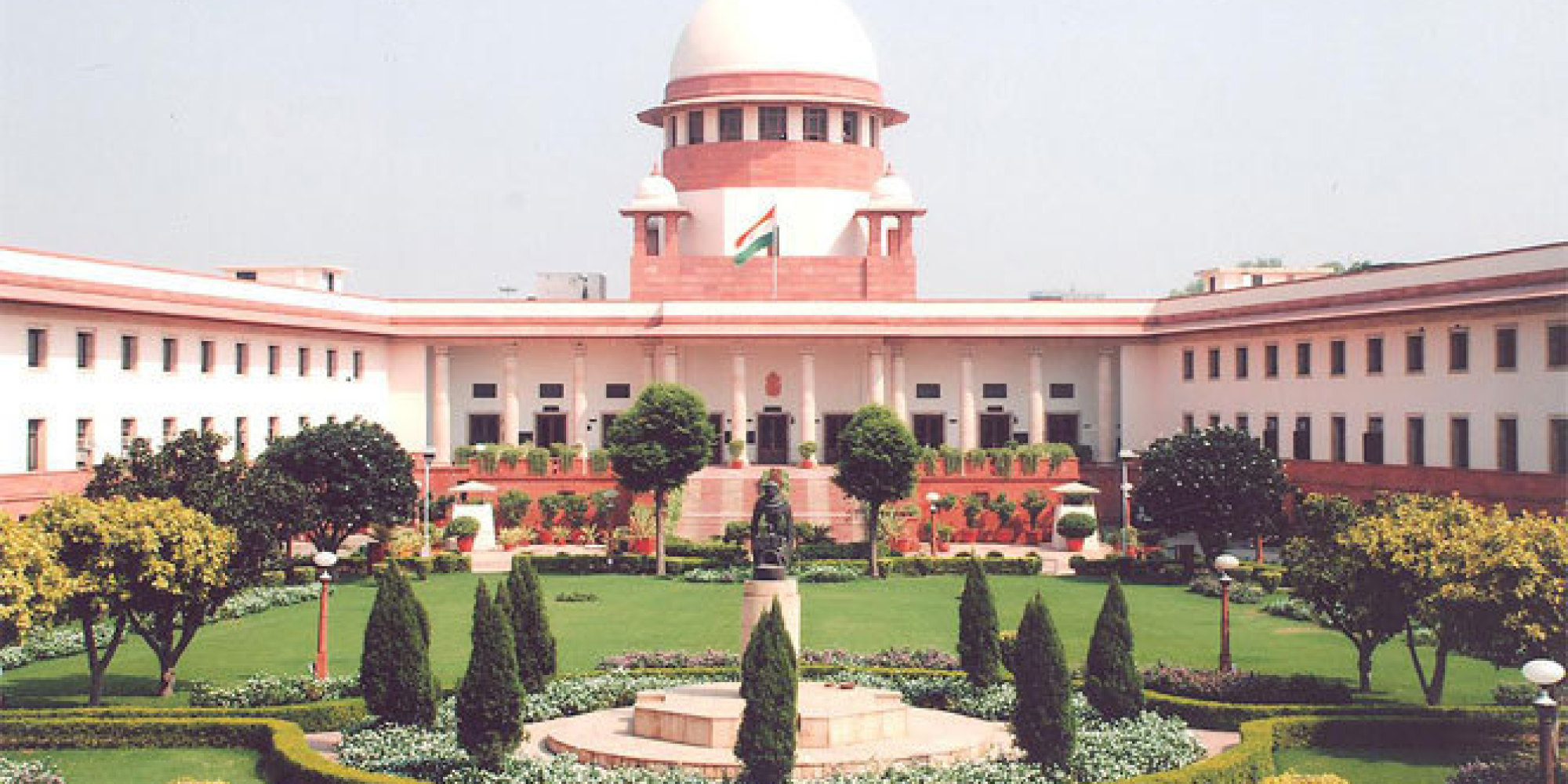


On Admirable 28, 2024, the Incomparable Court of India conveyed a noteworthy judgment within the case of Prem Prakash vs. Union of India Through the Directorate of Authorization. This administering sheds light on the complexities of the Avoidance of Cash Washing Act, 2002 (PMLA), especially within the setting of suitability of articulations made beneath legal guardianship.
Background of the Case
The appealing party, Prem Prakash, challenged a judgment passed by the Tall Court of Jharkhand at Ranchi, which had rejected his safeguard application. The case against Prem Prakash begun from an FIR enrolled beneath different areas of the Indian Correctional Code (IPC), counting Areas 406, 420, 467, 468, among others. The Authorization Directorate (ED) in this way enrolled an ECIR (Requirement Case Data Report) beneath the PMLA against obscure people, which inevitably driven to the incorporation of Prem Prakash as a suspect.
Key Legal Issue
The main issue before the Supreme Court was whether statements made by the appellant while in custody for another case could be considered as evidence. The appellant argued that the statements, which were taken under Section 50 of the PMLA, should not be allowed as proof against him because they were given while he was already detained for a separate ECIR.
Supreme Court's Analysis
The Incomparable Court fastidiously inspected the arrangements of Area 50 of the PMLA and its exchange with Area 25 of the Indian Prove Act, which ensures charged people from self-incrimination. The Court alluded to the point of interest judgment in Vijay Madanlal Choudhary vs. Union of India, which had already examined the scope of Segment 50 and its potential clashes with Article 20(3) of the Structure of India. The Court observed that while the authorities under the PMLA are not considered "police officers," there could be circumstances where the protection under Section 25 of the Evidence Act may still be applicable. The judgment emphasized that each case must be examined on its own facts to determine whether the accused's rights under Article 20(3) were violated.
The Verdict
The exact verdict reads:
"In the facts of the present case, we hold that the statement of the appellant if to be considered as incriminating against the maker, will be hit by Section 25 of the Evidence Act since he has given the statement whilst in judicial custody, pursuant to another proceeding instituted by the same Investigating Agency. Taken as he was from the judicial custody to record the statement, it will be a travesty of justice to render the statement admissible against the appellant."
Implication of the ruling
This decision is an important contribution to the developing legal decisions on the PMLA and the entitlements of suspects being probed for money laundering. It emphasizes the need to protect people from coerced confessions and showcases the judiciary's responsibility in defending constitutional rights from any possible abuse by investigative authorities.
The ruling also acts as a prompt that even though the PMLA is effective against financial crimes, its rules must be enforced with consideration for the basic rights of the accused. The ruling from the Supreme Court in this case affirms that it is not acceptable to use unethical methods to achieve goals, especially when it involves maintaining legal principles.
This decision will probably have significant implications for upcoming PMLA cases, particularly those concerning statements given under pressure or during detainment. It also requires a thorough review of the steps taken by investigative agencies to protect the rights of accused individuals while seeking justice.
The charges against Prem Prakash spun around the false procurement and deal of arrive in Ranchi, Jharkhand. It was claimed that the appealing party played a significant part in encouraging the deal of the debated property, which was purportedly exchanged through produced records and control of lawyer.
TAGS: Supreme Court Prem Prakash Union of India Directorate of Enforcement Prevention of Money Laundering Act (PMLA) admissibility of confessions judicial custody Section 25 of the Evidence Act Vijay Madanlal Choudhary landmark judgment.